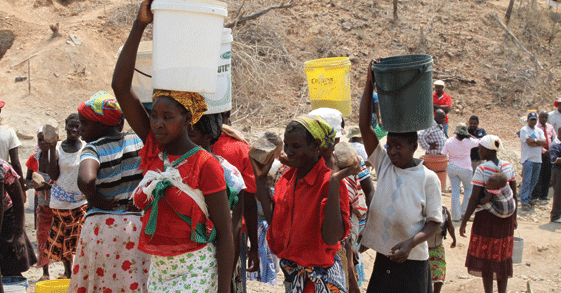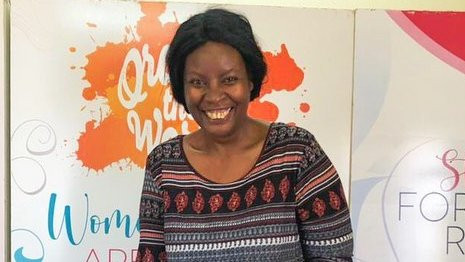
Binga teachers say they still rely on indigenous medicine to treat serious ailments, including snake bites, because of limited access to health institutions.
By Nokuthaba Dlamini
The teachers made the revelations at a just-ended workshop on disaster risk management for Binga schools held in Victoria Falls by the Civil Protection Unit (CPU).
CPU taught participants from the remote district ways to nurse victims of snake bites and other ailments.
The participants were advised to send victims of snake bites to health institutions, but teachers said this was impossible.
“You are saying that we must immediately take them to hospital but how?” asked one of the teachers.
“We do not have health institutions and there is usually no transport.
“This is why we prefer to use our indigenous knowledge systems.
- Chamisa under fire over US$120K donation
- Mavhunga puts DeMbare into Chibuku quarterfinals
- Pension funds bet on Cabora Bassa oilfields
- Councils defy govt fire tender directive
Keep Reading
“For example, if one is bitten by a snake, we identify the snake, and most of them in the district are not poisonous.
“If a snake is not poisonous, the pain circulates all over the body, but you can still walk.
“But if you are bitten by a poisonous snake, the pain paralyses all the tissues and we usually use a razor blade to cut the whole part where the pain is, before applying herbs.”
The teacher from Bunsiwa Primary School said traditional healers played a crucial role in the absence of health institutions.
Another teacher from Tshilelema Primary School said the area had a lot of snakes and bees, but the people had no access to health centres.
“About 32 pupils were bitten by snakes this year and they were all treated through traditional means,” she said.
CPU deputy director Sibusiwe Ndlovu applauded the teachers for being proactive in the communities.
“We are happy to hear such stories because it is not always the case that hospitals are near, so such indigenous knowledge systems always come in handy,” she said.
“We would love to do a research on that so that the idea is shared in all the districts and schools for the upcoming generation.”
Binga is one of the poorest districts, with limited access to health institutions.










